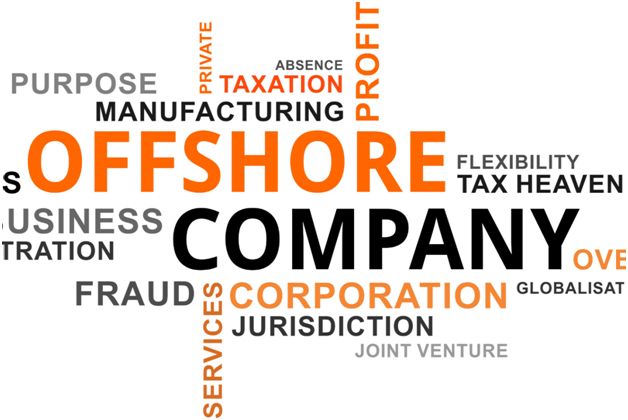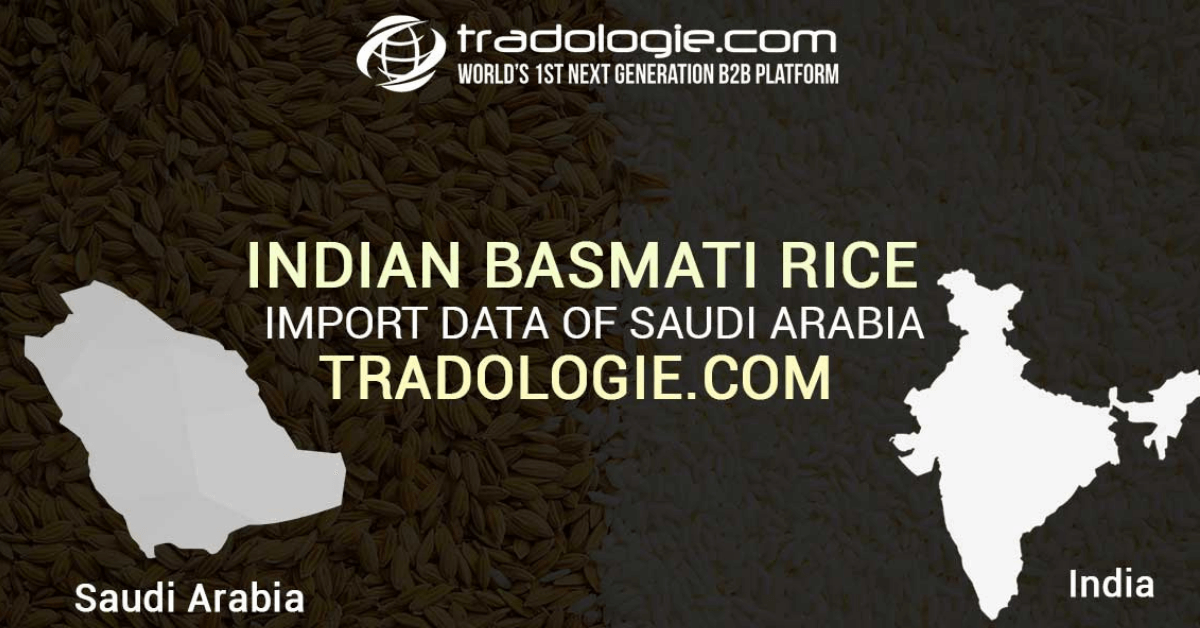A Business Owner Is Getting His Loan Approved
Starting a career as an entrepreneur can be challenging in these hard economic times. However, entrepreneurs coming up with start-ups concerning small or medium businesses are getting the upper hand when it comes to taking a loan and boosting their mode of business. These small and medium-business-friendly loans are known as SME loan. An SME loan is easy to avail and generally, these loans are cost-effective and customizable by the borrower. Most SME loans are government approved and some of them are sponsored by the government itself. Read below to know more about Small and Medium Enterprise loans.
What is SME loan?
An SME loan is a special loan designed for small and medium businesses. Small and medium businesses with a strong and legit objective can avail of this loan. Borrowers are mainly attracted to this loan because this facility provides them a chance to stand out and expand their business’s strength to global heights.
After availing of this loan the borrower needs to pay a fixed rate of interest on the amount borrowed, using easy monthly installments. There are many loan institutions, public banks, private banks, and others offering SME loan at low-interest rates depending on the repayment period and the amount borrowed. So, usually these days all it takes to avail of an SME loan from 5,00,000 rupees to 50,000,000 rupees is a strong and flexible business plan to vouch for the business’s viability.
Fees and interest rates of the loan
An SME loan submission is easy and time effective, as it is done on the internet. Then a few days later the loan amount is received in the borrowers’ account. But behind all these facilities obviously, there are fees and interest that need to be paid.
Interest rates
Just like in other loans, interest rates on SME loans do vary depending on different factors such as the credibility of the borrower, existing loans, tenure, loan amount, current economic status of the applicant, and the loan institution. Some loan institutes may even require collaterals and other security before deciding the loan rate. The usual loan rate in India is anywhere from 8.4% per annum to 24% per annum.
Processing fees
All banks and nonbanking corporations do charge different borrowers different processing fees depending mostly on the total amount availed. Though on average an SME loan is charged 2% processing fees on the total amount and added taxes. It is always recommended to look for a lender, who is offering less processing fees on the borrowed amount.
Difference between SME loan and business loan
- Applying for a business loan is tedious, as it takes a lot of documents validating the business and other activities related to the business. Also, the borrower needs to establish a good relationship with the lender before applying for the loan for a smooth procedure.
On the other hand, an SME loan is easy to avail, it takes fewer documents and only a few days for the amount to be disbursed from the lender’s treasury. Even the government encourages banks and nbfcs to be quick with sme loan transfers.
- Business loan rates are always high. but, sme loan rates are starting from a low and fixed rate.
- Business loans require good previous credit history. That’s why generally, small and medium businesses don’t go for this type of loan facility.
SME loan applicants do not need to show any previous credit history. And new entrepreneurs do not even need to submit any collateral for the first loan.
- Business loans require documents such as directors, shareholders lists, income tax returns, deeds of property, and others.
SME loans do not require all these documents, they simply require updated KYC and GST files to apply for a loan.
Eligibility and documents required to process the loan
The loan applicant must be of 21 to 55 years of age. The business they are conducting needs to have objectives regarding the growth of the business. The applicant also must provide the past year’s income tax receipt and possess at least 3 years of business experience. To apply for a sme loan all the following documents are necessary.
- Business registration documents
- sales return receipt fo the previous year.
- income tax return receipt of the previous year.
- certificate showing registration of business as sme.
- Personal guarantee letter from business owner/director/partners
- Bank account details
- Existing loan account details
Conclusion
In conclusion, a sme loan is necessary for any business competing in today’s market. SME loans are key to expanding a local business to a national or international level. These loans are usually, sponsored by the government, and are available without collateral at a low rate of interest.











